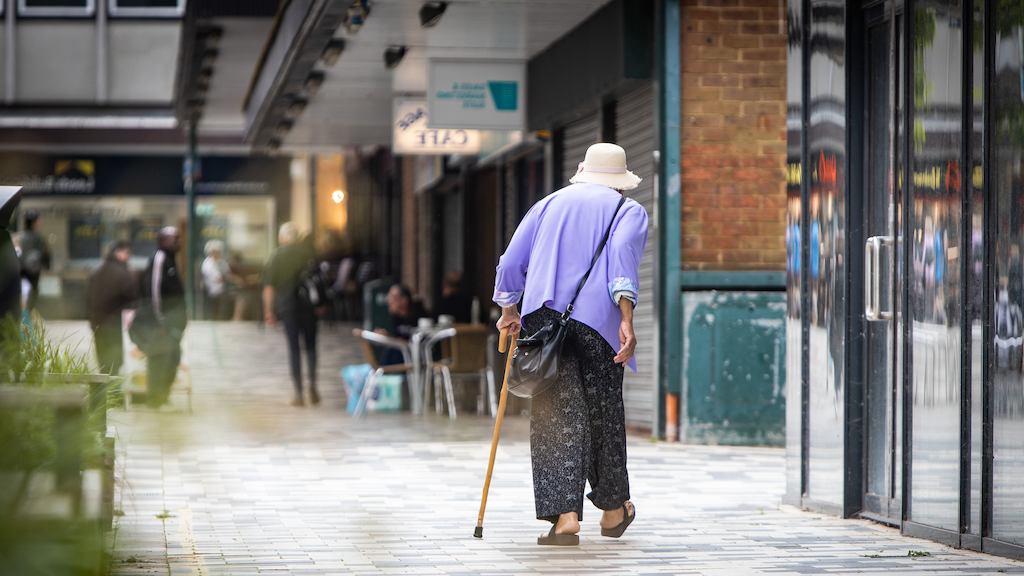Unsurprisingly, given the conference title, life course effects, and how each stage of life impacts the next, were apparent everywhere. Housing, living situation and work in later stages of life are shaped by life stories that include financial constraints and major life events such as job loss and loss of loved ones.
Some life course effects highlighted were negative (such as the impact of racism on social disadvantage and the long-term impact of caring on health and finances) and some positive (such as the transnational ageing of older Italians in Newcastle who maintained links to Italy). Even bridge employment is subject to experiences earlier in the life course, with the privileged working for meaning and to preserve health and those in more precarious situations having no choice but to work.
We are seeing not only the effects of the life course on the experience of ageing and of later life, but, according to Professor Phyllis Moen in her plenary session, the progressive de-institutionalisation of the life course itself as we move away from the three-phase model.
This means we need to develop opportunities for an integrated life course, in which leisure, work and education are overlapping and lifelong pursuits. And though policy has not yet caught up, in an optimistic note, Professor Moen sees this time of change and technological upheaval as an opportunity to advance the human condition. Let’s hope she’s right.
